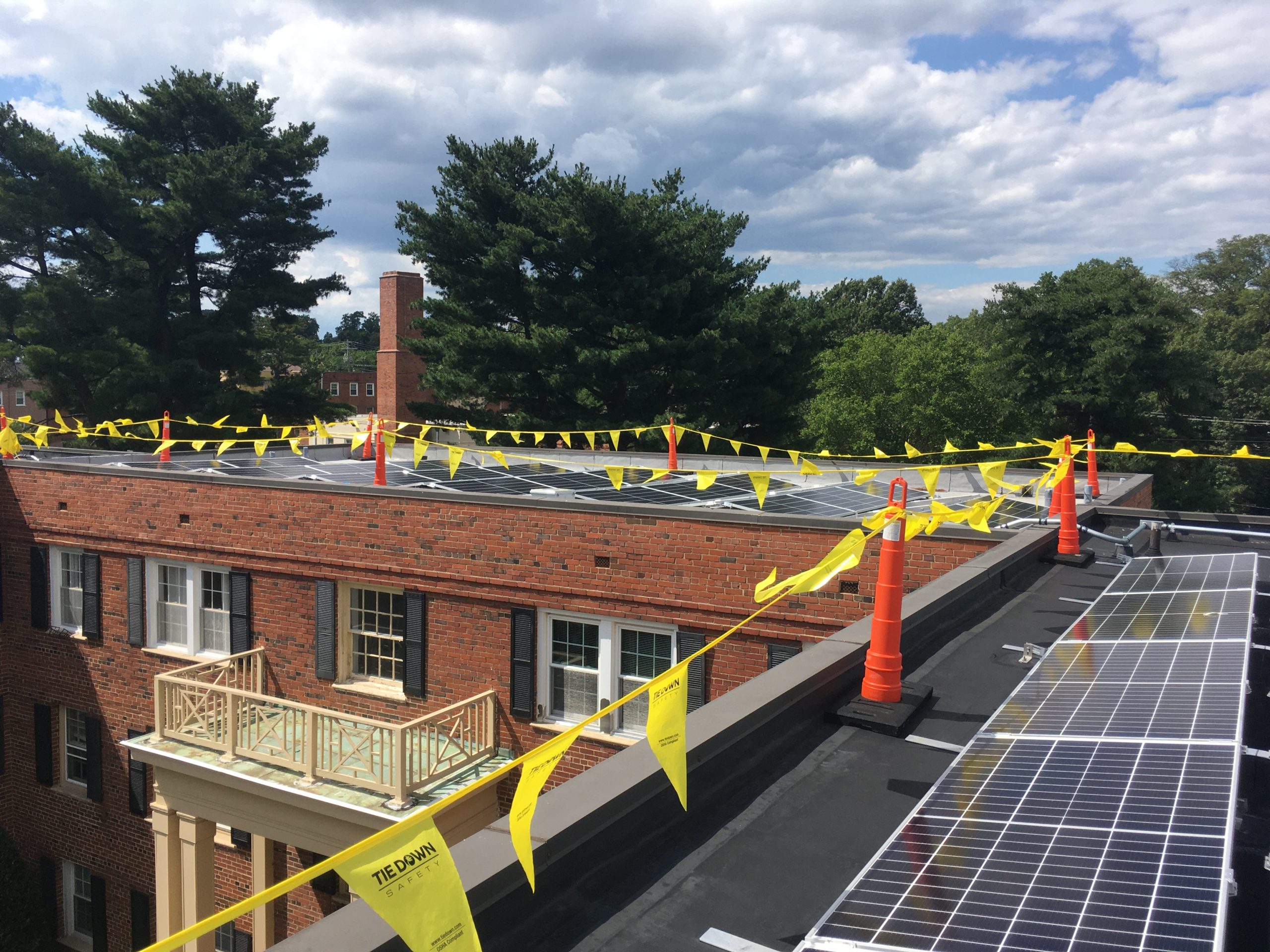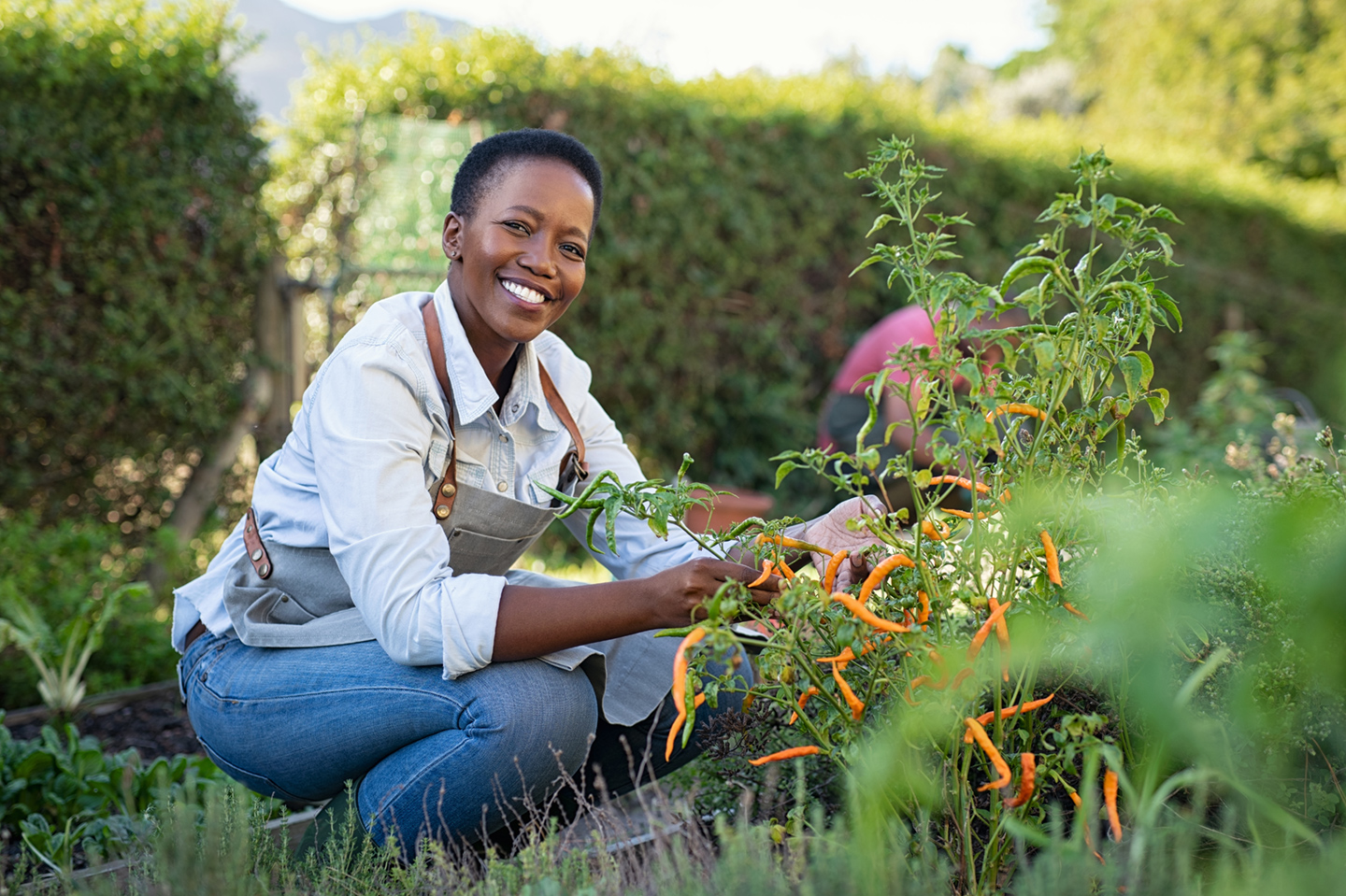Beyond Lending
As a community development financial institution (CDFI), Virginia Community Capital has always strived to bring both capital and resources to our work. That approach is in our DNA, and it can be seen in the various technical assistance programs we’ve offered over the last 15 years. In these programs, we work with likeminded partners, community leaders, and industry experts to bring consultative services, innovative tools, and catalytic funding to those who have historically lacked access.
While VCC often plays the role of lender, our engagement starts well before money enters the conversation. Community revitalization isn’t a cashed check. It’s a long-term commitment to capacity-building, partnership, and pioneering approaches that build on community assets and contributions. We develop networks of key stakeholders and experts to understand and support the goals of the communities we work with. Then, leaning on our combined experience, we create innovative strategies and flexible financial tools to advance equitable solutions for community-focused projects.
Our approach is based on more than just our experience; we apply an academic framework to evaluate what’s known as capital absorption, or the ability of places to attract and deploy capital in support of low- and moderate-income communities. Measuring capital absorption capacity requires viewing community investment as a set of functions. Success starts with having the right people and circumstances to create a clearly defined vision. Once that vision is embraced, you need technical know-how needed to maximize impact. Then comes the capital investment.
The Right Partners
When working with a new community, we make no assumptions about the aspirations and desires of the people who live there. Instead, we look for local leaders, or the “spark plugs” of the community, who already have a pulse on what exists and what’s needed. Early in community development projects, you’ll often find us simply facilitating conversations and ensuring the right people have a seat at the table. The community needs to be part of the visioning process to believe it, own it, and realize it.
When it comes to technical assistance and capacity-building work, our partners fill varying roles. Before we launch these programs, we’ll typically receive supportive funding from other financial institutions or philanthropic organizations. These funding partners often share our values and have a mission to support a specific cause, such as business ownership or healthy food access. Whether the program includes a special loan fund, targeted consultative services, or both, the support we receive from our fellow community development advocates is essential.
Once the foundation of a program is built, it’s time to get to work delivering assistance to community stakeholders, and we often do this alongside experts and practitioners from various backgrounds. Sometimes they are a local accountant or attorney who can complement our financing guidance with business development expertise. Other times, they’re the director of a nonprofit or an economic developer who can speak to grantmaking or local tax incentives. Our goal is to leverage our statewide network and experience to bring the most valuable tools to a community’s change makers. VCC is never a dead-end – if we don’t have the right resources, we’ll find someone who does.
Innovative Thinkers & Doers
You’ll often hear VCC employees talk about the spirit of innovation that runs throughout our organization. Fifteen years is a relatively short lifetime for a financial institution, but our passion for taking new approaches and using emerging tools has positioned us as seasoned professionals in the world of community development finance.
Like many organizations, the events of 2020 forced us to move our services — namely, in-person workshops and consultations — online. Cancelling these vital pieces of our work was not an option, not while many small business owners navigated the most confusing and destructive time of their lives. In addition to using new tools to maintain access to education and resources, we partnered with other institutions to:
- Relaunch the Capital Region Small Business Development Center.
- Develop and introduce the Open for Business Loan Fund, which serves small women- and minority-led business owners.
- Harness LOCUS’s philanthropic consulting expertise to guide community foundations as they addressed systemic issues laid bare by the pandemic and racial injustice.
The last 18 months have only further prioritized innovation as a core value at VCC. It’s more important than ever to explore new ways of supporting communities as they rebuild after an exceptionally challenging period. We’re energized by the new partnerships we’ve formed, and we can’t wait to introduce the unique financing and technical assistance programs we’re building together.
Passionate Experts
Every employee at VCC and LOCUS brings something special to our work. In addition to meaningful experience in the field, we look for team members who have a passion for community revitalization. Most importantly, our people want to be a resource for all – whether a client takes out a loan, makes a deposit, or is simply looking for help.
The plethora of financing options available to real estate developers, municipalities, and business owners can be overwhelming. When we work with these stakeholders, we can help them navigate federal, state, and local funding streams and brainstorm innovative capital stacking solutions. We can talk through the use of tax credits, grants, traditional debt, and guarantees to fill gaps so foundations, individual investors, and business owners can realize their visions.
We also bring our experience in seeing the bigger picture. We understand the cycle of ups and downs of revitalization projects. We know to look out for environmental issues or capacity challenges often faced during the construction process. We’re experienced in facilitating meetings and amplifying voices to ensure an inclusive path forward. And if there’s a skill we don’t have, we know where to find it.
Evaluating Impact
Success is specified at a local or personal level; we can’t define it for a community. However, we do embrace the importance of evaluation. Without measuring results, one won’t learn, grow, or pivot when needed.
We could just look at outputs – how many jobs were created, affordable housing units made available, etc. – but that’s just a part of the story. How did the new job reduce food insecurity? Did an affordable place to live enable a family to focus more on education? We are pushing ourselves and our collaborators to do more to consider all the social determinants of health in our work. While we’re currently tracking to the global Sustainable Development Goals set by the United Nations, we’re exploring new ways to paint a more comprehensive picture of the impact we drive alongside our partners.
Partnership, Innovation, and Expertise in Action
2009
SEEDS (Supporting Economic Expansion for Diverse Suppliers)
Provided strategic technical assistance to women- and minority-owned small businesses positioned for growth.
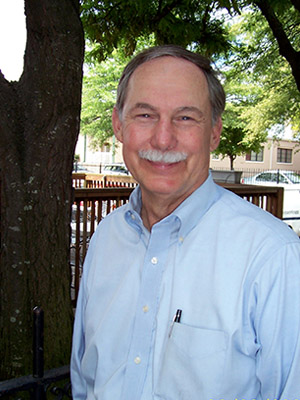
“The SEEDS (Supporting Economic Expansion for Diverse Suppliers) program was the catalyst accelerating the expansion of numerous emerging women- and minority-owned small businesses, helping them reach new heights. We helped these organizations with strategic planning, financial analysis and projections, capitalization strategies, operational efficiencies, human resources, and marketing.”
Neal Barber,
Community Innovation Advisor
2010
SBA Prime Micro
Funded by the SBA to provide technical assistance for building micro-development programs in Virginia.
2011
Pathfinders
Funded by USDA Rural to provide capacity-building to small towns in Onancock and Glade Spring, Virginia to increase access to capital and new programs to support economic development.
2015
SEEN (Supporting Economic Expansion in the Northern Neck)
Promoted community and economic development in the Northern Neck of Virginia to support deployment financing.
2010
Community Development Learning Initiative
Funded by the Department of Health & Human Services to support capacity-building for nonprofits across the Commonwealth.
2014
Get Fresh
Provided corner stores with the capacity to offer fresh foods and vegetables in food-insecure neighborhoods of Richmond, Virginia.
2015
Virginia Fresh Food Loan Fund
A $10 million revolving loan fund to address food access issues in Virginia’s urban and rural communities.
2015
Jefferson Davis Corridor Program
Funded in part by Altria and in partnership with the City of Richmond, this program supported economic development in the Jefferson Davis Corridor of Richmond.
2015
Alleghany Highlands Loan Fund
Supported financing for economic development in the Alleghany Highlands area through technical assistance and capacity-building.
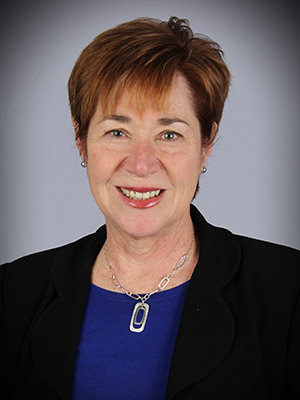
“Throughout our engagement in the Alleghany Highlands, we worked jointly with municipal leaders, community investors, and economic development organizations who shared common interests and were dedicated to the revitalization of the region. VCC promoted expanded tourism and economic development through conducting detailed studies, offering community-wide workshops, and attracting investment from outside the area.”
Martha Shifflett,
Community Innovation Advisor
2017
New Economy Loan Fund
Funded in part by Appalachian Regional Commission and the Virginia Department of Housing and Community Development, this program established a dedicated team in southwest VA responsible for supporting economic development in the local communities.
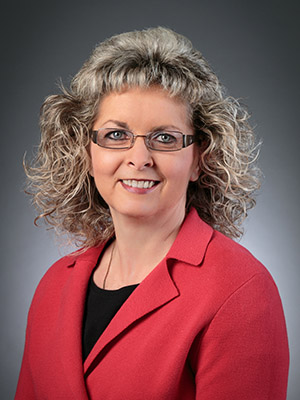
“The NELF Fund also provided an opportunity to grow VCC’s footprint in Southwest Virginia and allow for the expansion of the Noon Knowledge professional development series to assist other new and existing business owners the opportunity to learn new skills and resources to grow their businesses.”
Sandy Ratliff,
Community Innovation Advisor
2018-19
Brookland Park
Funded by Capital One, this program provided business support services and capital to the small business community in this Richmond neighborhood.
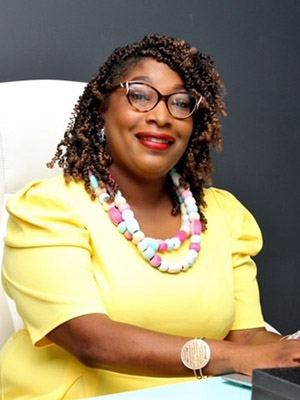
“My experience with working with clients along Brookland Park Blvd. was very transformative. I assisted a client with a business plan and the launch of their start-up, which is thriving three years later. Additionally, I brought community stakeholders together to address the issues related to food justice in the Northside neighborhood of Richmond.”
LaTilda Owens,
Community Innovation Advisor
2018
Thompson Foundation
Supports business development workshops and annual business launch competitions in Tazewell and Buchanan Counties.
2020
Open for Business Loan Fund
Supports the financing needs of minority- and/or women-owned small businesses and provides technical assistance and consulting for eligible small businesses and community-based partners in the Richmond region.
2020
Capital Region Small Business Development Center (SBDC)
Provides education, consulting, and economic research to support potential and existing small business owners throughout the Richmond area.
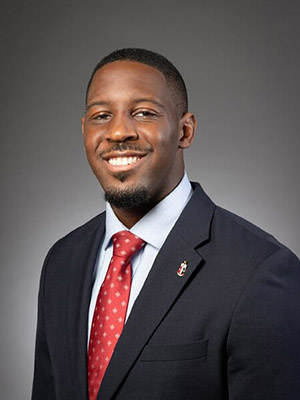
“The Capital Region SBDC is committed to becoming the most inclusive resource for small business owners and aspiring entrepreneurs in the Richmond region. We’ll accomplish this by providing an accessible front door to the greater entrepreneurial ecosystem and helping to match entrepreneurs with support and programming to ensure a thriving small business landscape.”
Rodney Williams,
Assistant Director
Reimagining the Future of Technical Assistance
As we reimagine the future of our technical assistance programs, we’re pushing ourselves to dig deeper. How can we do more in communities we’re already partnering with, and how can we expand into communities we’ve not yet engaged? We need dedicated partners who are willing to be bold and get uncomfortable with us as we push to change systems and lift up community strengths as a collective. It’s time to bust out of silos and take a more holistic approach to revitalization.
Will you join us?
Recent Posts
Clean Energy is for Everyone
It’s hard to read or watch the news without witnessing the impacts of climate change. NASA’s climate change website…
Reimagining Healthy Food Access
A family or individual who is food-insecure lacks access – most or all of the time – to enough nutritious food to live…
Revitalization: A Team Effort
A Need for Innovative LendingFahe is a regional network, financial intermediary, and community development financial…
